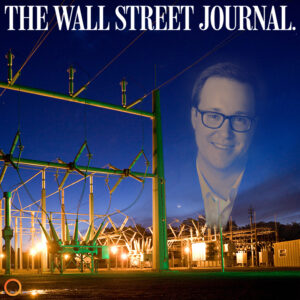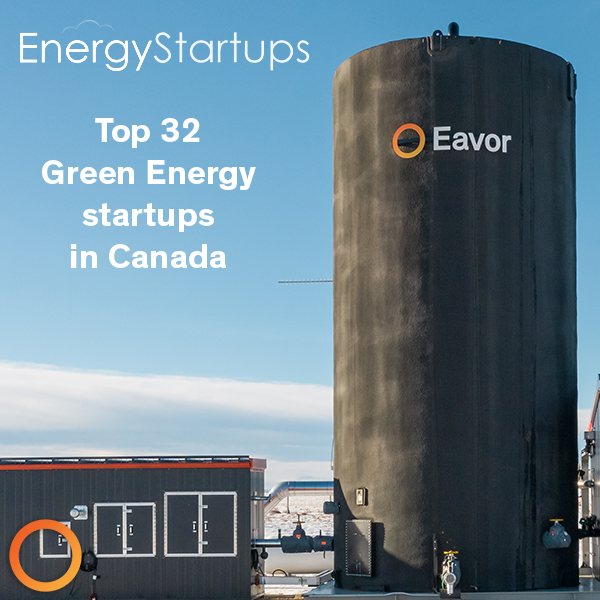The American Federal Government is currently investing billions of dollars to expedite a transition to clean energy, and Professor at Princeton University and Eavor Advisor, Jesse Jenkins urges that huge changes to the electrical grid are needed to make that transition successful.
Reporter Scott Patterson of the Wall Street Journal wrote an article detailing the importance of Jenkins and his team’s research at ZERO lab. This research contributed valuable insights towards climate laws and legislation that will efficiently reduce carbon emissions in the US. Jenkins attributed that he and his team’s main objective was to assist the government in achieving a climate law that “helped Senate staff target their most bang-for-the-buck provisions.”
The article highlights that Jenkins and his team secured nearly $6 million in funds from nonprofit foundations, federal agencies, Bill Gates’s Breakthrough Energy, Google, and General Electric, which helped construct components of President Biden’s Build Back Better act. The act did not accumulate enough votes to be passed through the Senate; however, Jenkins’ research warned that if a bill wasn’t passed to incentivize a transition to a renewable power grid, emissions from the power sector would worsen by 2030.
Nonetheless, an agreement between Sen. Chuck Schumer and Sen. Joe Manchin allowed the act to pass. As a result, Jenkins’ group estimates that US carbon emissions will likely be reduced by 37 to 41 per cent.
The provisions of the act will incentivize vehicles, heat pumps, and other electronics to switch to clean sources of energy, but the current American power grid is not currently capable of meeting an increased energy demand.
Jenkins and his team strongly advised that without major upgrades to the current power grid, renewable energy sources will struggle to embed themselves into the energy ecosystem. According to Reuters, more than $2 trillion will be needed to do a massive overhaul of the American electric infrastructure just to combat yearly natural disasters, such as hurricanes and wildfires.
Additionally, the article stated: “The current network of transmission wires, substations and transformers is decaying with age and underinvestment, a condition highlighted by catastrophic failures during increasingly frequent and severe weather events.”
Energy security remains uncertain as these challenges present themselves, especially while the United States and other countries strive to achieve their Net Zero goals. According to Jenkins, fossil fuels will likely be needed to fill in the gaps of increased energy demand unless drastic change is not legislated soon.
To replace fossil fuels, an energy source that has equal baseload and reliability is necessary. This is where Eavor-Loop™ technology can play an important role, as its energy can be dispatched at any time, anywhere in the world where a power plant is built. Since Eavor’s brand of geothermal technology only requires hot rock to extract energy from the Earth, it’s scalable and predictable. Energy can be supplied on demand whenever it’s needed, regardless of weather or daylight hours.
To build a completely clean energy grid, Eavor’s brand of geothermal energy can be a valuable asset in achieving this goal.



















